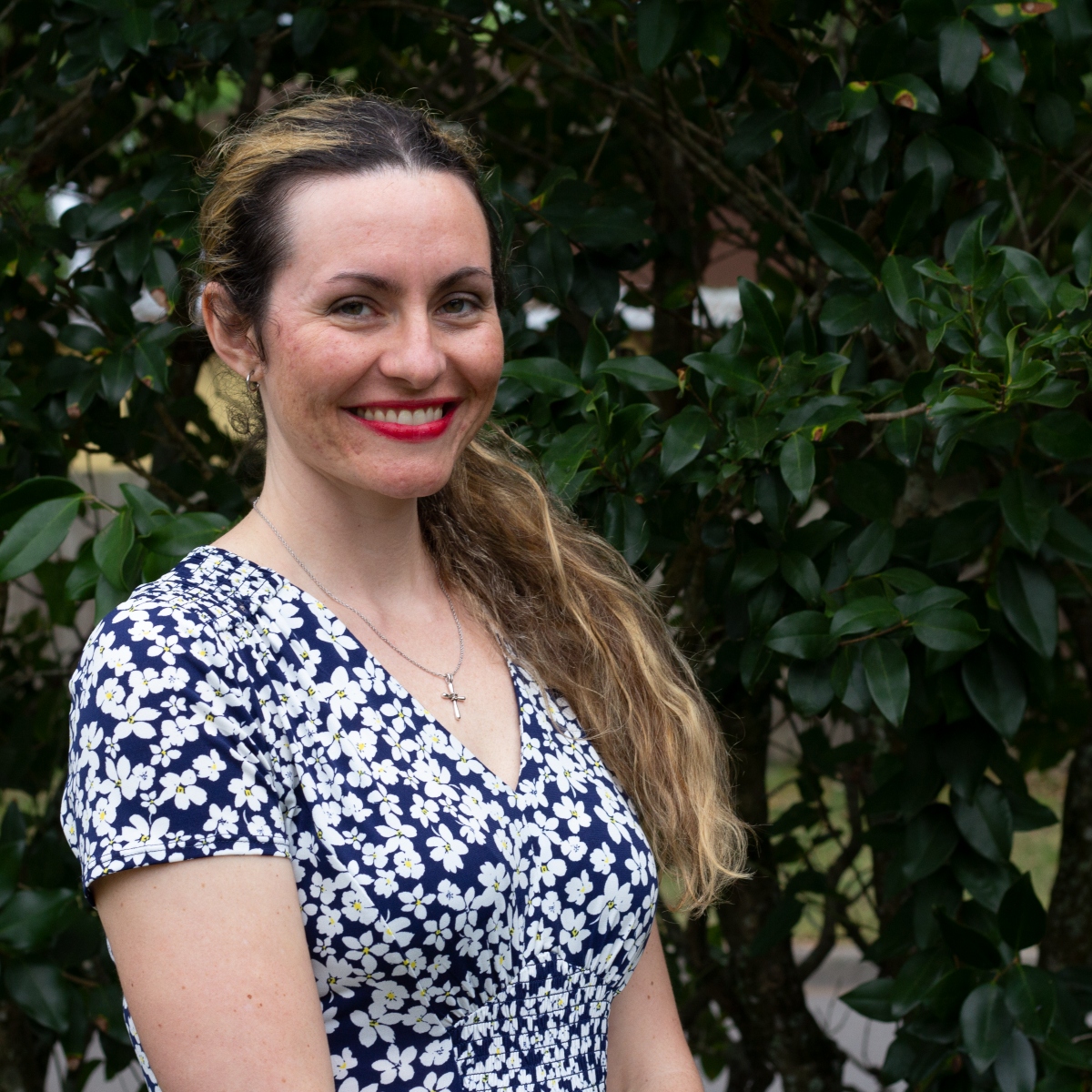Are You More Like the Prodigal Son or the Older Brother?
Share

The parable of the Prodigal Son is a story that many of us may know by heart. It’s an amazing illustration of what it means to be given grace. In Jesus’ parable, a wayward son runs off from his loving, hard-working father. But when the son has lost everything, he realized what he truly had back home.
Yet while the focus of the story might be on the son’s humble return to his father and his father’s triumphant celebration of his lost son being found, there is another character we may bypass: the older brother in the story.
However, his involvement in the parable is just as important as the prodigal son, not only in how he helped his father while his brother was running wild in the city, but in his response after his brother’s return.
As we focus more on the behavior of the two brothers, a question may arise: how might their actions and reactions convey how we might act in a similar situation? Are we quick to make hasty decisions but humble enough to ask for help and change our ways? Or are we always following the rules but get upset when those who don’t follow the rules get the rewards we desire?
What Happens in the Parable of the Prodigal Son?
Found in Luke 15:11-32, the story follows the life of a father and his two sons when his youngest son decides he doesn’t want to live the safe life and would rather seek his fortune in another land. He asks his father to give him his share of his inheritance, and then he is off.
Soon into his new adventure, the younger son quickly loses all his money living the expensive life, and a famine leads him to find work feeding swine. As he watches the swine eating while he starves, he thinks back to life at his father’s house and realizes the mistake he made in leaving.
The younger son decides to return home, hoping that if he humbly asks his father to be a servant in his house, that he could eat and have a better life than he currently had. When he arrives home, ready to plead for his father’s forgiveness, he is shocked. His father comes running to greet him, shouting, “Bring out the best robe and put it on him, and put a ring on his hand and sandals on his feet, and bring the fatted calf here and kill it, and let us eat and be merry; for this my son was dead and is alive again; he was lost and is found” (Luke 15:22-24).
As the celebration begins, the older brother comes in from working the fields and inquires about the party from a passing servant. When he learns it is for his long-lost brother, he refuses to go to the party, even when his father comes looking for him.
“Look! All these years I’ve been slaving for you and never disobeyed your orders. Yet you never gave me even a young goat so I could celebrate with my friends. But when this son of yours who has squandered your property with prostitutes comes home, you kill the fattened calf for him!” (Luke 15:29-30).
The father, though hurt by his older son’s disgruntled demeanor, tells him that all he has is his older son’s. But at this time, they should celebrate knowing his younger brother is restored. We can only hope that his father’s soothing words allowed the brothers to unite in love and happiness again.
How We May Act Like Either or Both Brothers
When we read this parable, we could easily say that we don’t relate to the behaviors of either brother in the story. We haven’t taken our inheritance to squander on unnecessary things, and we haven’t been upset at someone who went down a wrong road being brought back.
Or have we?
Though our circumstances aren’t exactly the same as in the story, it is safe to say we probably have exhibited similar behaviors in some situation in our lives.
For the younger brother, we have probably grown tired of waiting for something to happen in our lives and have gone off on our own to achieve this goal or desire. But it’s likely that we were quickly humbled when it didn’t get us the peace and happiness we desired. We might have gotten tired of waiting on God to fulfill something in our lives we wanted. Maybe we decided to take matters into our own hands, only to see God’s timing was better than ours.
As for the older brother, we wouldn’t be honest with ourselves if we didn’t admit that we have probably gotten jealous when someone received something that we had painstakingly waited for in our own lives. And we can probably say that we went to God in prayer, just like the older brother went to his earthly father. We may have even accused God of playing favorites and that we received unfair treatment from someone who should be a loving Father to all.
But just as the father reacted to both of his sons, our Father reacts in the same way to our behavior ― with love, patience, and guidance. The father welcoming his younger son back home with open arms mirrors how God reacts when we realize how much we need Him and turn back to Him in repentance. The father comforting his older son while reasoning with him about the joyous return of his lost brother is what God would say to us in our quiet time with Him when He reminds us that just because someone has been blessed with our blessing doesn’t mean He doesn’t have a whole warehouse of blessings for us as well.
Learning from the Father
So, how can we rectify our behavior to align less with the brothers and more with the father?
If we feel impatient in a situation we are in, believing we should have a different result than what we see before us, we should immediately go to God in prayer. Whatever our feelings might be – whether justified, confused, or selfish – God welcomes them all. He will reveal the details or give us peace in knowing He has the situation in order.
If we find ourselves acting like the older brother when someone we know has been given a blessing we long for, instead of letting envy and jealousy take root, we should keep in mind that everything God does is for a reason. Though we feel that we should have this blessing, we can have peace knowing that God doesn’t play favorites and loves us all equally.
If impatience is getting the best of us like it did for both brothers, we need to pause and reflect on all the ways God has provided for us, whether we prayed for the blessings or not. We need to recall times when trusting God allowed blessings we longed for to come into our lives and the peace and love we felt in knowing the blessings were from God.
Maybe we act like both brothers when we view our circumstances in life. We may question whether it’s worth it to wait on God and grow upset when the blessings we had hope for happen to someone else before us. However, if we take the time to listen to God’s guidance in prayer and reflect on His provision instead of letting jealousy or impatience get the best of us, we will come out as the younger brother, completely shocked that our Father still loves us despite how we have behaved.
The Parable of the Prodigal Son is a story that has probably circulated in and out of our lives since our days in Sunday School. However, we can still learn many lessons from this story about a wayward son and his disgruntled older brother, both of whom were loved unconditionally by a patient father who never gave up hope.
Photo credit: ©Getty Images/hjalmeida
